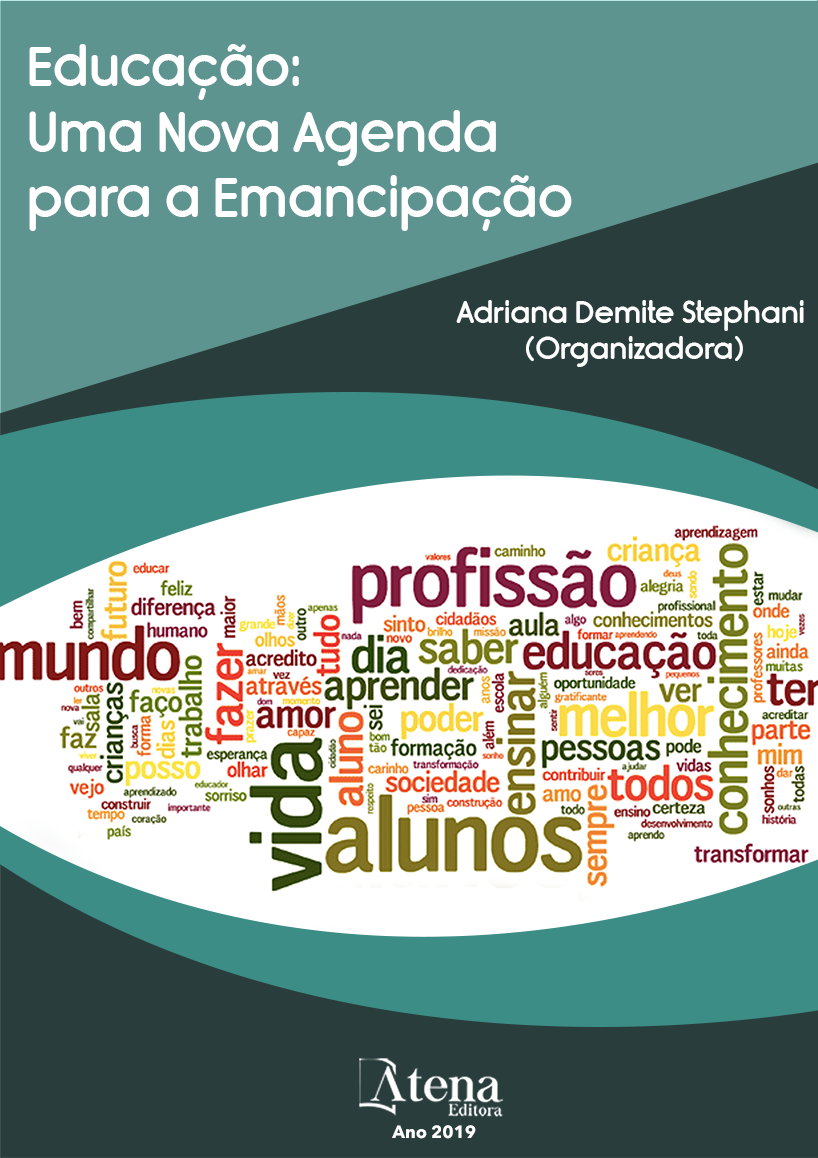
ÑE’É PORÃ – A PALAVRA-ALMA QUE IMPULSIONA AS RELAÇÕES INTERCULTURAIS NA ESCOLA
A Lei n. 11.645/2008 tornou obrigatório o estudo da história e da cultura indígena no ensino básico. Levantamento realizado pelo Tribunal de Contas do Estado do Rio Grande do Sul evidencia precariedade e improvisação na abordagem da temática nas escolas. Com o objetivo de compreender as dificuldades existentes, este projeto foi desenvolvido com professoras da Escola Itaúba, município de Estrela Velha, RS, onde estudam alunos da etnia Mbya-guarani da Tekoá Ka’agui Poty (Aldeia Flor do Campo). Essa aproximação se dá na proposição do diálogo intercultural que se estabelece com alunos indígenas na escola não indígena e na perspectiva da formação de professores para essa atividade. Procurouse conhecer as relações interculturais que se estabelecem e compreender processos educativos advindos desses diálogos. Como método, o círculo de cultura. A infância guarani foi o tema gerador e inspirador da palavraalma “sensibilidade” evidenciada pelo grupo de professoras como a palavra mais potente para simbolizar a disposição à escuta qualificada, a estabelecer pontes e a reintegrar o que está separado.
ÑE’É PORÃ – A PALAVRA-ALMA QUE IMPULSIONA AS RELAÇÕES INTERCULTURAIS NA ESCOLA
-
DOI: 10.22533/at.ed.38319231021
-
Palavras-chave: mbya-guarani; interculturalidade; Lei n. 11.645/2008; formação de professores
-
Keywords: mbya-guarani, interculturality, Law n. 11.645/2008, teacher training
-
Abstract:
Law n. 11.645/2008 made it compulsory to study the history and indigenous culture in elementary education. A survey conducted by the Court of Audit of the State of Rio Grande do Sul showed precariousness and improvisation in the approach of the subject in schools. In order to understand the difficulties, this project was developed with teachers from the Itaúba School, located in the city of Estrela Velha, RS, where there are Mbya-Guarani students from Tekoá Ka’agui Poty (Indigenous Community called Flower of the Field). This approach is based on the proposition of intercultural dialogue established with indigenous students in the non-indigenous school and from the perspective of teacher training for this activity. It was sought to know the intercultural relations that are established there and to understand educational processes arising from these dialogues. As a method, the circle of culture. Guarani childhood was the generating theme and the inspiring of the word “sensibility”, which was evidenced by the group of teachers as the most powerful word to symbolize the disposition to qualified listening, to establish bridges, and to reintegrate what is separated.
-
Número de páginas: 15
- FÁTIMA ROSANE SILVEIRA SOUZA


